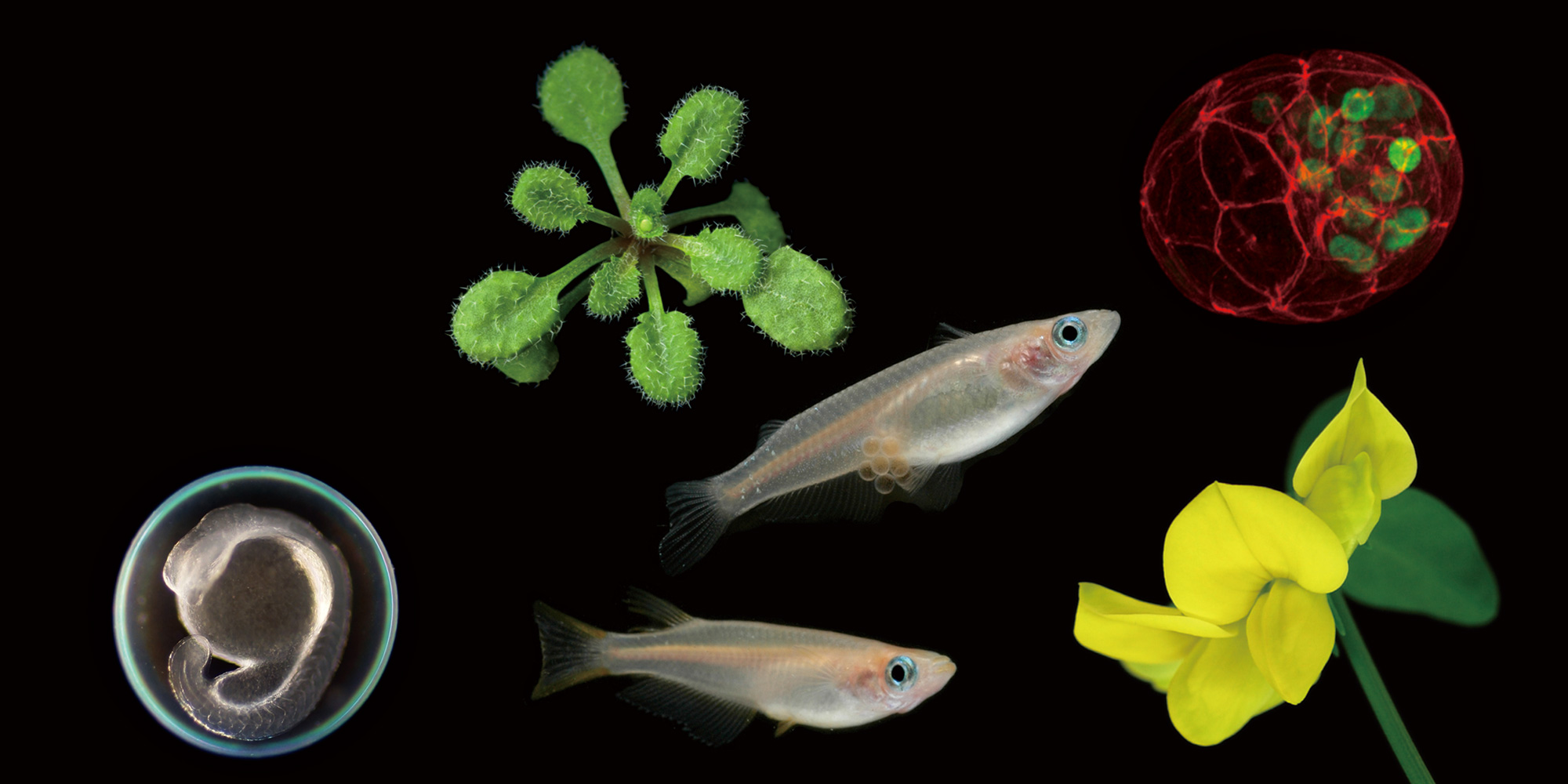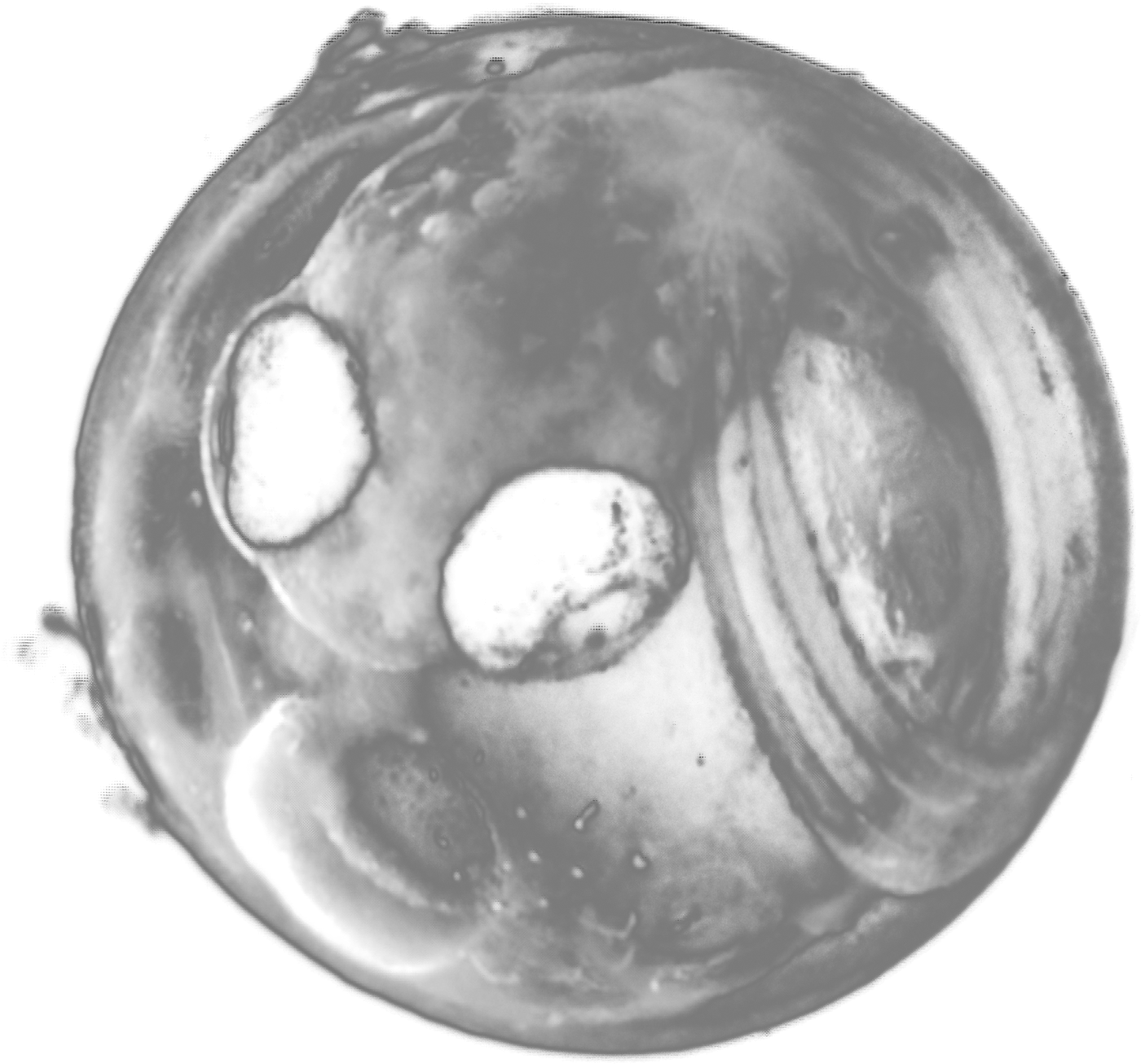2009.04.02 部門公開セミナー
Wnt Signaling in embryonic development
Yingzi Yang (Genetic Disease Research Branch, National Human Genome Research Insitute, NIH)
2009年04月02日(木) 16:00 より 17:30 まで
山手地区3号館2階共通セミナー室
統合バイオサイエンスセンター 分子発生学研究部門 高田 慎治 内線5241
Cell-cell signaling is a major strategy that vertebrate embryos take to coordinately control cell roliferation, differentiation, survival and organization when they develop from a single fertilized egg. We use the developing limb and skeletal system as examples to elucidate the functional mechanisms of major signaling pathways mediated by Wnts in embryonic development. We have demonstrated that the Wnt/β-catenin signaling controls synovial joint induction and the differentiation of progenitor cells into either osteoblasts or hondrocytes. Genetic ablation of β-catenin in the developing mouse embryos resulted in joint fusion and ectopic formation of chondrocytes at the expense of osteoblast differentiation during both intramembranous and endochondral ossification. In contrast, ectopic upregulation of the canonical Wnt signaling led to ectopic joint induction, suppression of chondrocyte formation and enhanced ossification.
Like Wnt/β-catenin signaling, β-catenin independentnon-canonical Wnt pathways also play critical roles in controlling embryonic development. By genetically manipulating key components of the planar cell polarity pathway, we have found that the Wnt/PCP pathway controls many key aspects of mammalian embryonic development with novel signaling mechanisms.
※セミナーは英語で行われます。







